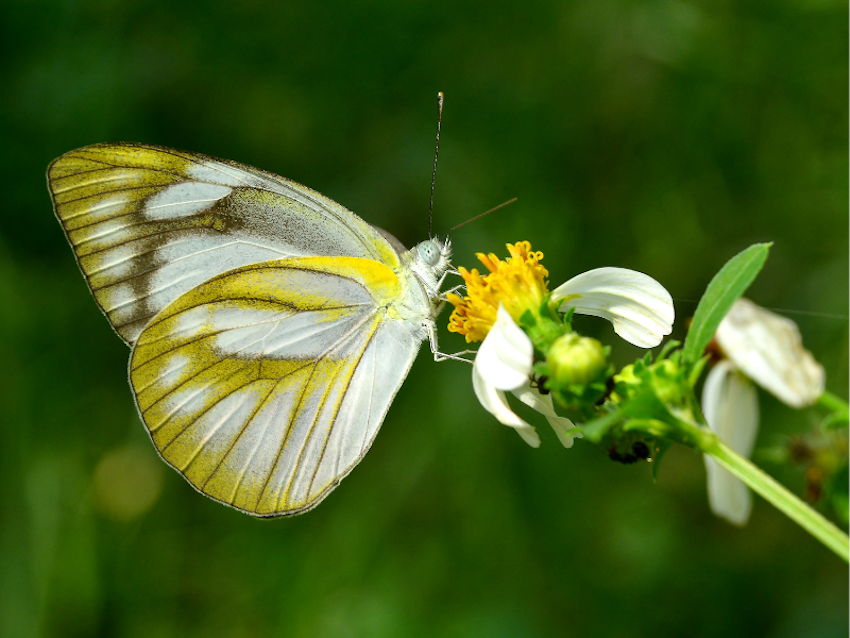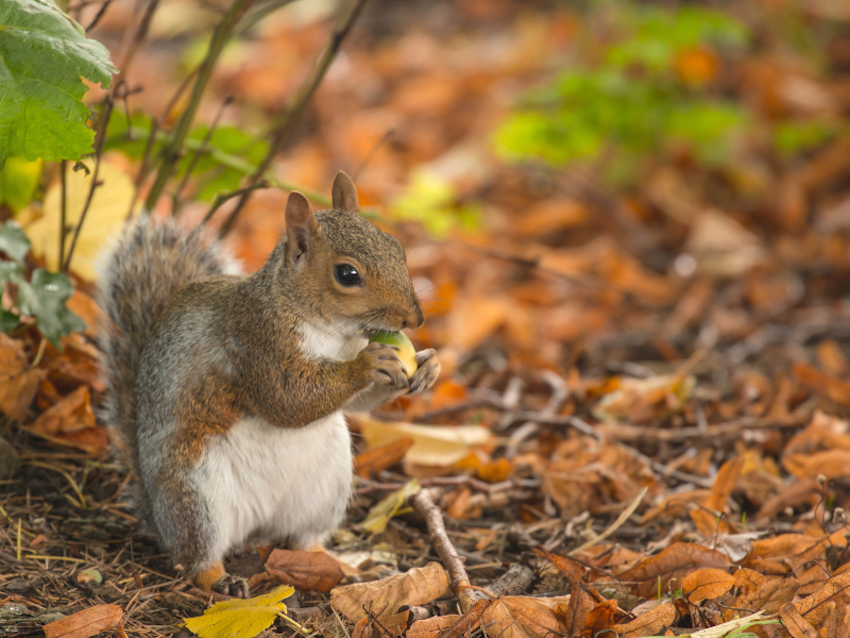If you’re a nature lover, you may want to help wildlife in your garden. There are many ways you can do this, and even small steps can make a big difference. Here are some tips for how to help wildlife in your garden.

Plant native species of plants.
Native plants are those that naturally grow in your area, and they provide important food and shelter for local wildlife. By planting native species in your garden, you can create a habitat for birds, insects, and other animals.
Provide food and water for wildlife.
You can do this by putting out bird feeders, birdbaths, and other sources of food and water. This will attract a variety of animals to your garden, and it will provide them with the sustenance they need to survive.
Create a safe haven for wildlife.
You can do this by providing hiding places for animals, such as piles of leaves or logs. You can also install nest boxes or birdhouses to provide shelter for birds and other small animals.

Avoid using pesticides and other chemicals.
These substances can be harmful to wildlife, and they can contaminate the food chain. Instead of using chemicals, try using natural methods to control pests, such as attracting beneficial insects or hand-picking pests off of plants.
Be patient and observant.
Wildlife is shy, and it may take time for animals to become accustomed to your garden. Be patient, and watch for signs of wildlife, such as tracks or droppings. This will help you understand which animals are visiting your garden, and it will give you an idea of how to make your garden even more welcoming to them.
By taking these steps, you can create a wildlife-friendly garden that provides food, shelter, and safety for a variety of animals. This can be a rewarding and educational experience, and it can help you connect with the natural world around you.
Find out more about certifying your habitat to help wildlife.
You may also be interested in becoming a champion for wildlife.

